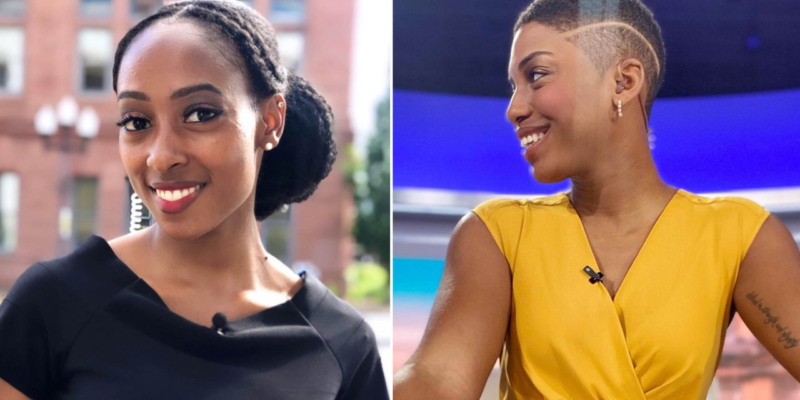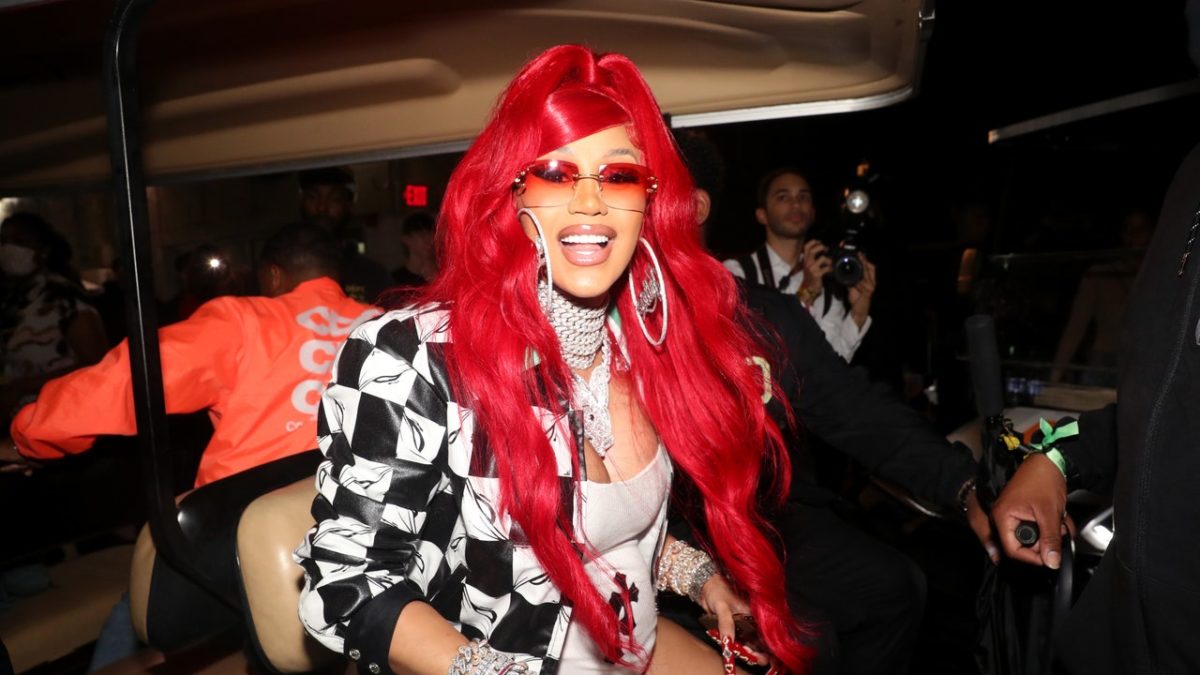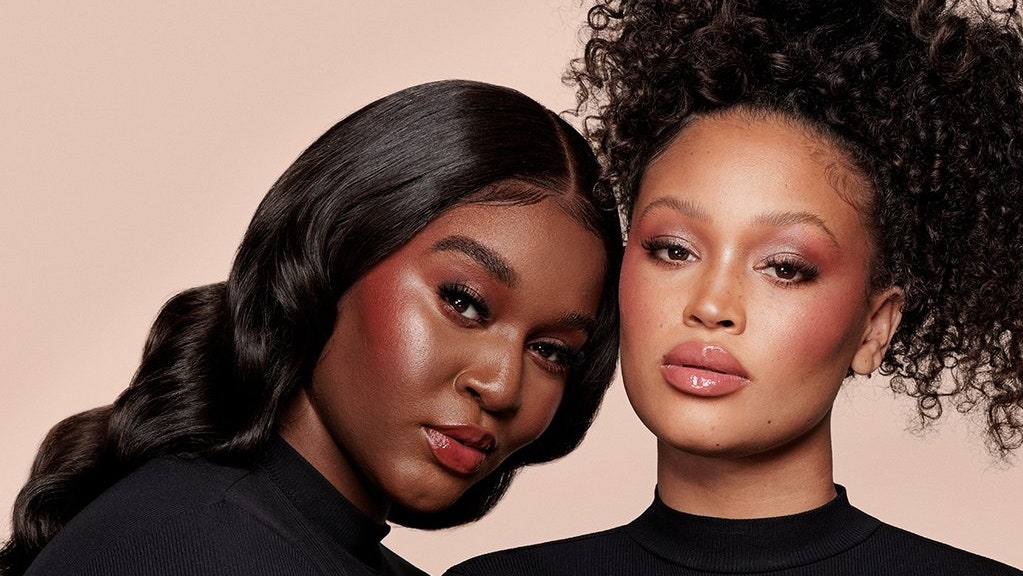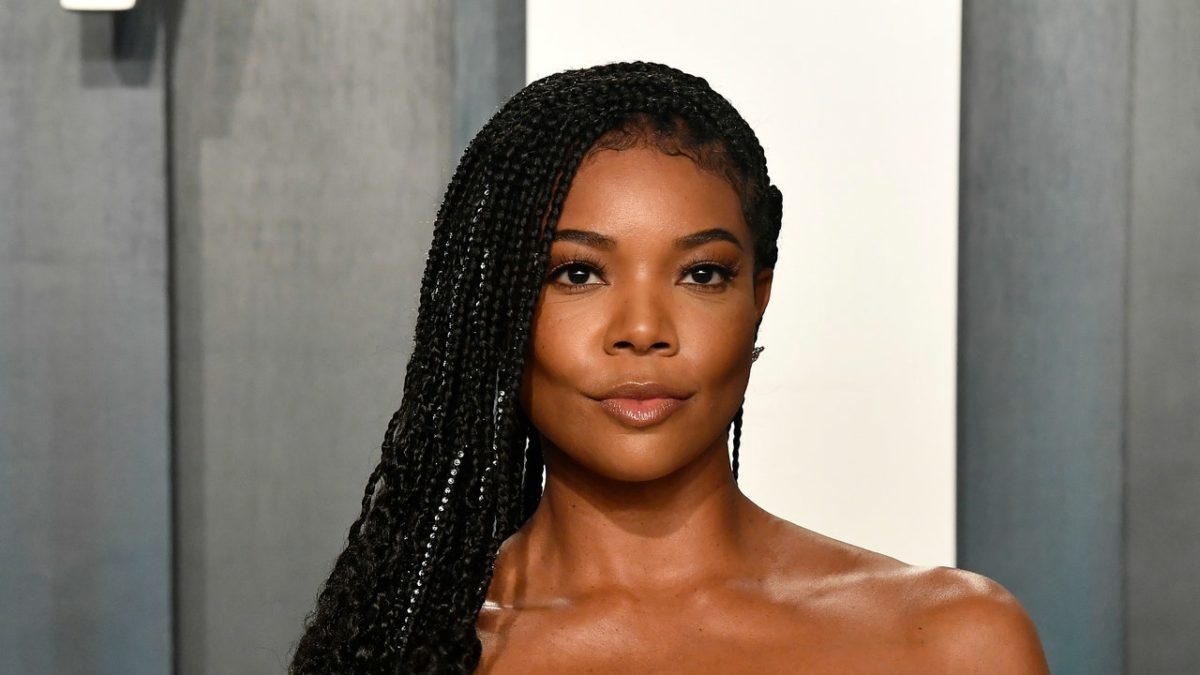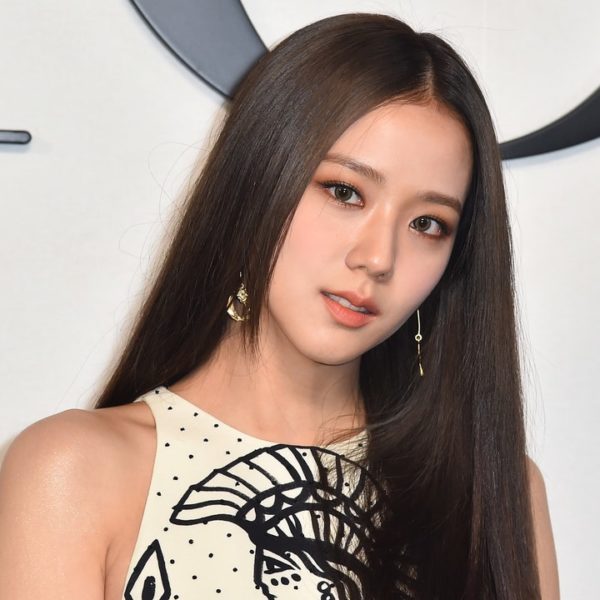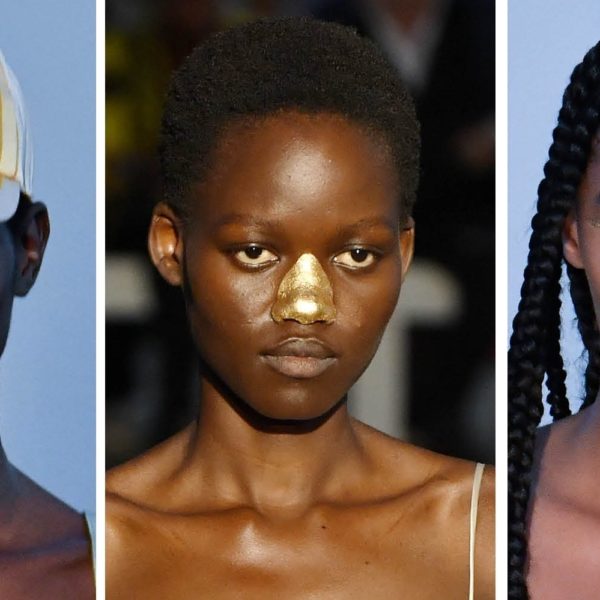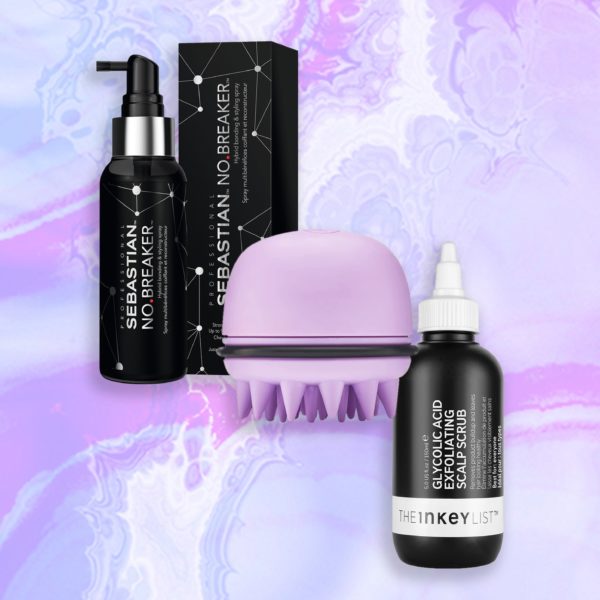Black Newscasters Are Rewriting the Definition of “Professional” Hairstyles
Pringle has received messages from viewers saying that she is the reason they went natural, as well as notes from parents who say that she has made their daughters with short hair more confident in themselves. “It’s a great reminder for people that… when being yourself, the world will adjust. Period,” Pringle shares. “[I hope to reach] women who look like me, whether old, young, or my same age, [and] remind them that you can show up just as you are, and that is beyond good enough.”
Each woman points out that they would not be able to wear these hairstyles on-air today without the bravery of the Black women newscasters who came before them. They could not show millions of other women the possibility of doing things differently if they had not been shown by others. “I always tell people I stand on the shoulders of so many generations of women that were knocking down doors way before I even got a chance to walk to one,” says Pringle. Through online networks, group chats, and professional organizations like the National Association of Black Journalists, Black women reporters are able to connect, support, and inspire one another to wear their hair how they want on air. “Honestly, we’re in this together,” says Roberts. “It’s not about one of us or a couple of us. What we’re doing is so much bigger than us.”
And together, they are rewriting professionalism. Their definition does not include Eurocentric beauty standards. It does not include words like distracting or neat. (“Some things are only distracting because you’ve never seen it,” notes Pringle.) Their definition of professionalism is ever-evolving, fluid, open-minded, and subjective. “I don’t even think you can really define ‘looking professional.’ And I think that’s the point many of us Black women are trying to make right now,” Watkins says. “Being and looking professional doesn’t mean straight hair, doesn’t mean curly hair, it doesn’t mean any of the hairstyles that we want to do, because your hairstyle doesn’t make or break your professionalism. It’s just hair. I, myself, am a journalist. How I deliver the news, how I conduct interviews, how I tell stories — that’s the professional part of it.”
After breaking barriers, personal milestones, and outdated expectations, the anchors feel empowered enough to attempt different things with their hair. They excitedly list new aspirations like adding color, trying Senegalese and passion twists, and wearing their own natural curls on air.
With the work of the CROWN Act Coalition and the tenacity of these women, it is easier to envision a future in which the definition of “professional hair” that rejects Blackness is obsolete. And thanks to these newscasters, the revolution may not be televised — but our hair will be.
Now, check out these hair stories:
Watch Gabourey Sidibe’s 10-minute beauty routine:

